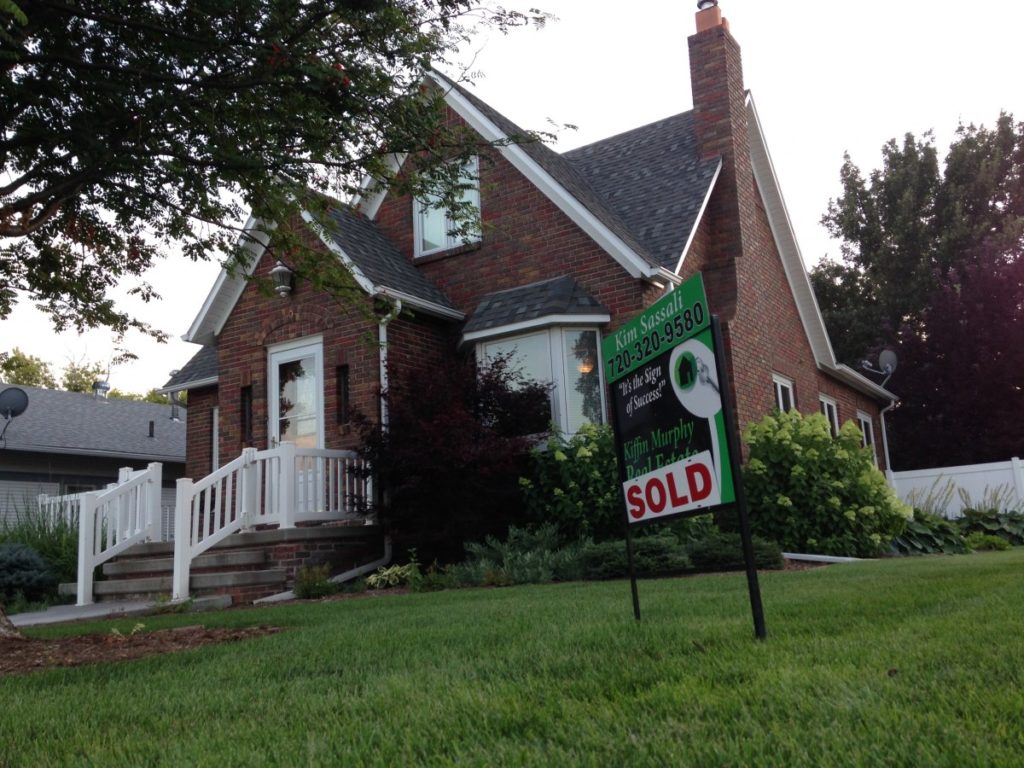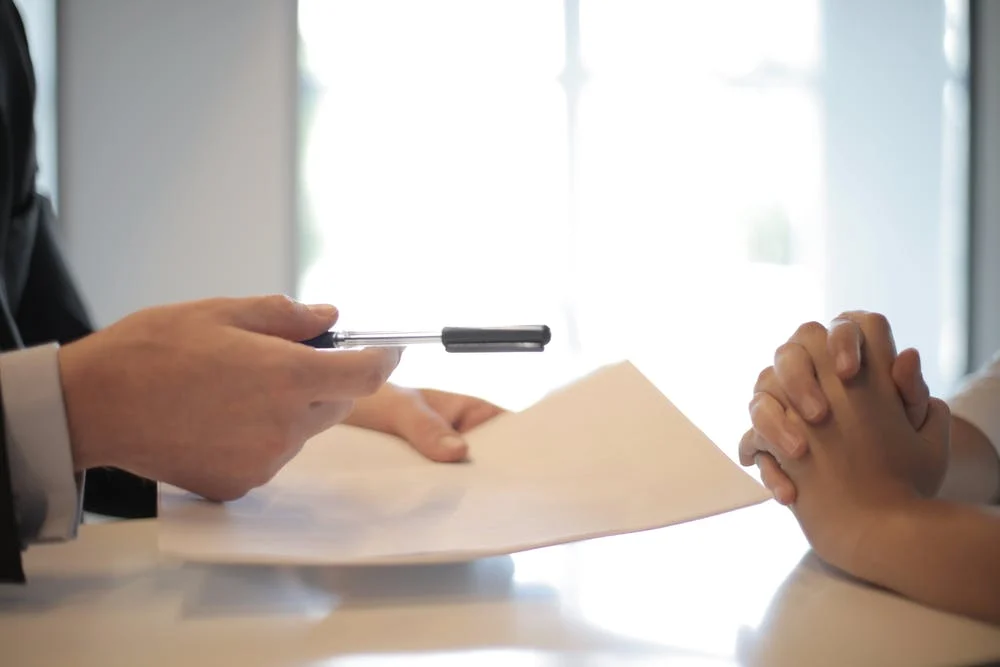A 1031 exchange – so called because it’s named after Section 1031 of the Internal Revenue Code (IRC) – is a way for property investors to exchange one investment property for another without paying capital gains taxes on any profits realized, at least not immediately.
Using a 1031 exchange, you can simply roll your capital gains on one piece of investment real estate into another piece of investment real estate, and by avoiding capital gains taxes, you’re left with more money to invest in your new piece of real estate. When you finally sell your investment property outright, you’ll pay capital gains taxes only once. If you die before selling your final 1031 property outright, your heirs will avoid paying capital gains taxes and will instead inherit the property at its current market value. Here’s how it works.
You Must Exchange an Investment Property for an Investment Property
You can’t use a 1031 exchange to get out of paying capital gains taxes on the sale of property that you own for personal use, like your vacation home or your primary residence. But if you hold property for investment purposes only, and it generates an investment income for you, you can use a 1031 exchange to trade it for another one that is similar in nature or class.
For example, let’s say you own a single-family rental home that’s worth $450,000. This rental has appreciated a lot in value since you bought it, and you want to realize those gains. You find a good deal on a multi-family home with four units. You sell your original single-family home and use the proceeds to buy the multi-family unit. You can earn much more rent on the multi-family home, since it has four different units that can all be rented out separately. You can avoid paying capital gains taxes on the portion of your gains that went into paying for the new investment property.
You Need Professional Help to Perform a 1031 Exchange
You can’t DIY a 1031 exchange – you need the help of a tax professional and a qualified intermediary. You need a tax professional because 1031 exchange tenants in common are often quite complicated. If the new property you buy is worth less than the property you sold, and you receive that difference in cash, you’ll have to pay capital gains taxes on that portion of the cash. If your mortgage obligation on the new property is lesser, you’ll have to pay taxes on the difference between the new mortgage and the old, which could be counted as income or capital gains. If the new property is less developed or less valuable than the old property, you may be subject to depreciation recapture taxes.

Your qualified intermediary is the person who holds onto the money generated from the sale of the original property, and uses it to buy a new property on your behalf. Because the intermediary receives the money and not you, you technically didn’t receive any proceeds or make any gains on the sale of your investment property. Your accountant or attorney is not allowed to be the qualified intermediary.
“Like-Kind” Isn’t What It Sounds Like
Section 1031 of the IRC specifies that you must exchange your investment property for another property of “like-kind.” Many people misunderstand this to mean that you must buy the same kind of property that you sold – if you sell an apartment building, for example, you have to buy another apartment building. But that’s not how it works. The rule is actually much looser, and actually just means you have to buy another investment property. So you could exchange undeveloped land for a commercial building, or a parking lot for an apartment building, and it would still be considered a “like-kind” exchange.
There Are Deadlines Involved
If you want to do a 1031 exchange, you need to be aware of the two main deadlines involved. First, you only have 45 days from the sale of your original property to identify replacement properties that you might buy. You have to name them in writing to your qualified intermediary. You have 180 days from the sale of your old property to buy your new property.
A 1031 exchange is an excellent tool to help you build on your real estate investment gains by allowing you to grow those gains tax-deferred over decades of exchanging one investment property for another. You will have to pay capital gains taxes when you eventually sell your 1031 property outright, but until then, you can focus on growing wealth for your family’s future.






